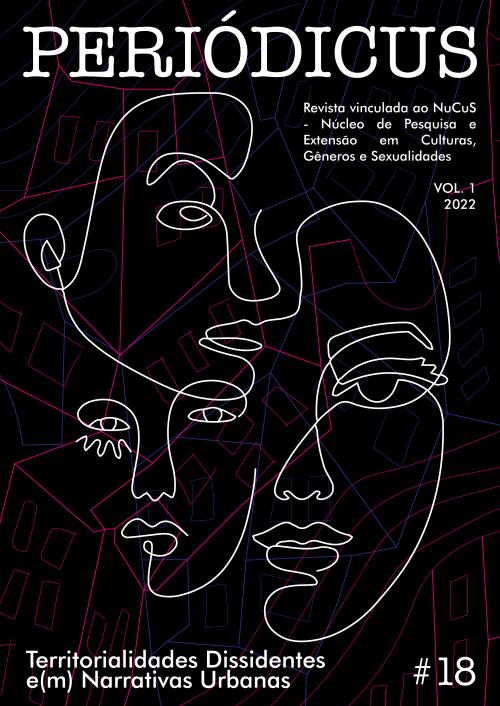Prostitution in Amsterdam
regulation and gender dynamics in the Red Light District
DOI:
https://doi.org/10.9771/peri.v1i18.50152Abstract
In this paper I discuss prostitution in Amsterdam from two perspectives: the regulation of sex work and the gender issue in the context of prostitution. Although prostitution is regulated in the Netherlands, I show how stigma is still as barrier for prostitutes to register themselves as sex workers before the authorities, as well as some conflicts in the neighbourhood. I then analyse the daily work behind the windows which characterize the Red Light District, the strategies used by the prostitutes to attract customers and their relationship with tourists. Finally, I put into question the ideas of liberalism and progressivism linked to Amsterdam, showing the lack of male prostitutes in the windows. This reveals gender dynamics based on the different ways men and women are expected to exert their sexualities.
Downloads
Downloads
Published
How to Cite
Issue
Section
License
Copyright (c) 2022 João Soares Pena

This work is licensed under a Creative Commons Attribution-NonCommercial 4.0 International License.
Autores que publicam nesta revista concordam com os seguintes termos:
Autores mantêm os direitos autorais e concedem à revista o direito de primeira publicação, com o trabalho simultaneamente licenciado sob Licença Creative Commons Attribution Noncommercial que permite o compartilhamento do trabalho com reconhecimento da autoria e publicação inicial nesta revista, sendo vedado o uso com fins comerciais.
Autores têm autorização para assumir contratos adicionais separadamente, para distribuição não-exclusiva da versão do trabalho publicada nesta revista (ex.: publicar em repositório institucional ou como capítulo de livro), com reconhecimento de autoria e publicação inicial nesta revista.
Autores têm permissão e são estimulados a publicar e distribuir seu trabalho online (ex.: em repositórios institucionais ou na sua página pessoal) a qualquer ponto antes ou durante o processo editorial, já que isso pode gerar alterações produtivas, bem como aumentar o impacto e a citação do trabalho publicado (Veja O Efeito do Acesso Livre).







